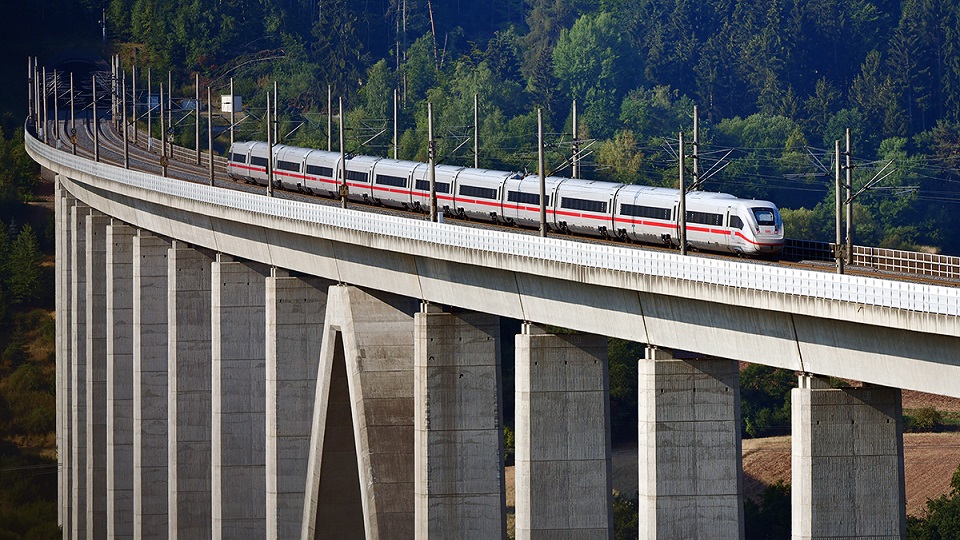EU funds new rail link between Netherlands and Germany

This year, the Netherlands is getting a subsidy of 18.5 million euros from Brussels for international rail connections. This money will be spent on the Wunderline between Groningen and Bremen and the rail freight connection between Venlo and Kaldenkirchen.
12.6 million euros of the subsidy is destined for the fast, direct passenger train connection between Groningen and Bremen, known as the Wunderline, and 5.8 million euros is for the Venlo-Kaldenkirchen rail freight connection. Alongside this, 19.5 million euros is being spent on making freight trains from neighbouring countries quieter. This will be of great benefit to the Netherlands, as over 90 per cent of freight trains in the country are international trains.
Enticing passengers
The planned works are part of the plan from Secretary of State Stientje van Veldhoven (Infrastructure and Water Management) to entice two million extra passengers onto the railways for short journeys within Europe. The formal decision to create the fast Wunderline between Groningen and Bremen, which will reduce journey times between the two cities to just two hours, was taken earlier this year. The cabinet is investing 17 million euros in the project, and Dutch rail network operator ProRail and its German counterpart DB Netze aim to start the works no later than 2021.
For the Venlo-Kaldenkirchen route, the money will be spent on resolving existing bottlenecks. Plans include widening the tracks and railway yards to make them suitable for longer freight trains. The improved connection will lead to better international accessibility for Venlo and the surrounding region.
Trans-European Transport Network
The total European railway subsidy for 2019 is 97.5 million euros, so the Dutch share (16%) is generous. This subsidy comes from the European programme for the Trans-European Transport Network (TEN-T), which aims to create a single, cross-border, EU network of land, water and air transport. Every year, projects are nominated by the Ministry of Infrastructure and Water Management. EU Member States approved the European Commission’s proposals for the subsidy allocation last week.
Also read:




